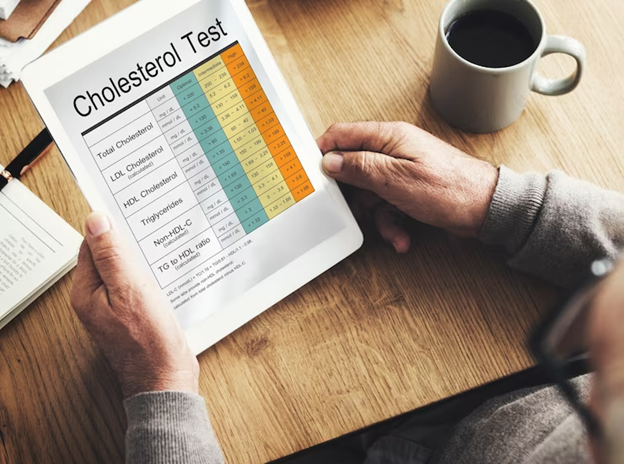
Elevated cholesterol levels are a major risk factor for heart disease. Over time, high cholesterol can cause a dangerous buildup of plaque in the arteries, leading to reduced blood flow, heart attacks, and strokes. Fortunately, several effective cholesterol-lowering medications can help lower LDL (bad) cholesterol and triglycerides while raising HDL (good) cholesterol.
Statins
Statins are usually the first line of drug therapy prescribed to lower high cholesterol. This class of drugs works by blocking an enzyme in the liver involved in cholesterol production, which causes the liver to remove cholesterol from the bloodstream. Statins include popular brands like Lipitor, Zocor, Crestor, and more.
Statins have been extensively studied and are highly effective at lowering LDL levels by up to 60% while stabilizing or raising HDL levels. Many large clinical trials have demonstrated that statin therapy significantly reduces the risk of heart attacks, strokes, and deaths in people with heart disease or at high risk of developing it.
However, there has been some concern about potential side effects with long-term statin use, including statins and memory loss in some patients. Doctors may recommend a lower statin dose or a different medication if these side effects persist.
Bile Acid Sequestrants
Bile acid sequestrants (BAS) reduce cholesterol levels differently than statins. Instead of blocking cholesterol production by the liver, BAS binds to bile acids in the digestive tract, preventing the body from reabsorbing cholesterol. This forces the liver to pull more LDL cholesterol out of the blood. Brand names of BAS include WelChol, Questran, and Colestid.
BAS can lower LDL by up to 30%. They may cause gastrointestinal issues like constipation, bloating, or nausea. Unlike statins, BAS do not offer much cardiovascular protection beyond their LDL-lowering effects. They are sometimes prescribed in combination with statins when statins alone are not enough to reach cholesterol goals.
Cholesterol Absorption Inhibitors
The cholesterol absorption inhibitor ezetimibe (Zetia) works by blocking the absorption of cholesterol from food in the small intestine. This leads to reduced cholesterol delivery to the liver, which responds by taking more cholesterol from the bloodstream.
In clinical studies, ezetimibe lowers LDL cholesterol by approximately 18%. It is often prescribed along with statins when maximal statin therapy is not enough to reach LDL goals. Ezetimibe does not typically cause major side effects, though it may increase the risk of muscle pain when combined with statins in some patients.
PCSK9 Inhibitors
PCSK9 inhibitors are a newer class of injectable cholesterol medicines. PCSK9 is a protein that interferes with the liver’s ability to remove LDL cholesterol from the blood. Inhibiting PCSK9 allows the liver to remove more LDL.
Brand names of PCSK9 inhibitors include Repatha and Praluent. Clinical trials have shown they can lower LDL cholesterol by a very impressive 60% or more, even in patients already taking maximal statin therapy. They also appear to reduce the risk of cardiovascular events like heart attacks in high-risk patients.
However, the injectable administration and high costs of PCSK9 inhibitors mean they are usually reserved for patients that are intolerant to other cholesterol drugs or those with familial high cholesterol. Potential side effects include injection site reactions, flu-like symptoms, and a slight increase in neurocognitive symptoms like confusion in some patients.
Summary
Various medication classes are available to effectively lower high cholesterol and reduce cardiovascular risk. Statins tend to be frontline medications, while other drug classes may be added for patients needing extra LDL reduction. All cholesterol medications require monitoring to assess efficacy and watch for potential side effects. Maintaining a heart-healthy lifestyle along with medication adherence provides optimal defense against the dangers of high cholesterol.
Natalie Binder writes about health and wellness. With a passion for helping others live their best lives, Natalie dives into topics like nutrition, fitness, and mental well-being. Offering practical tips and heartfelt advice, she supports your journey to a healthier you.







Comment here